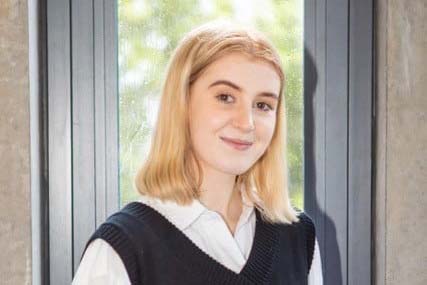Their research focuses on the interplay of different values in the response to the fungal disease that threatens taonga among Aotearoa’s flora.
The Metrosideros genus, including pōhutukawa, as well as mānuka, ramarama, bottlebrush and a number of other myrtles have been infected by myrtle rust since it reached New Zealand in 2017. The Ministry for Primary Industries is no longer seeking to eradicate but to manage the disease.
Aspen says “I hope to find out more about how values are conceptualised by different stakeholders in decision making and to support the importance of encompassing all values for effective communication.”
Their research is part-funded by a scholarship from New Zealand’s Biological Heritage National Science Challenge (He Tangata, He Taiao, He Ōhanga) awarded through the UC Biosecurity Innovations research cluster. It has been a steep learning curve. Their first degree was in media and communication and they had no experience of biosecurity until this year.
“The more I learn, the more acutely aware I am of how much I really don’t know. But with that in mind, I could not be more certain of the criticality of biosecurity in protecting Aotearoa and the role each of us has within the system.”
Aspen is particularly interested in how agencies seek to make decisions on behalf of the public and in the public interest. Part of their research, which is survey and interview-based, will be about the extent to which Māori values and stakeholders are involved in decision-making.
Their long-term plans are to do a PhD in communication, though they want to work and in the communication field overseas immediately after their Master’s. They have lived in Wellington, Dunedin and Christchurch.
“For me, family is my true north, and no matter where I end up in the world, it is always family that will ground me.”
